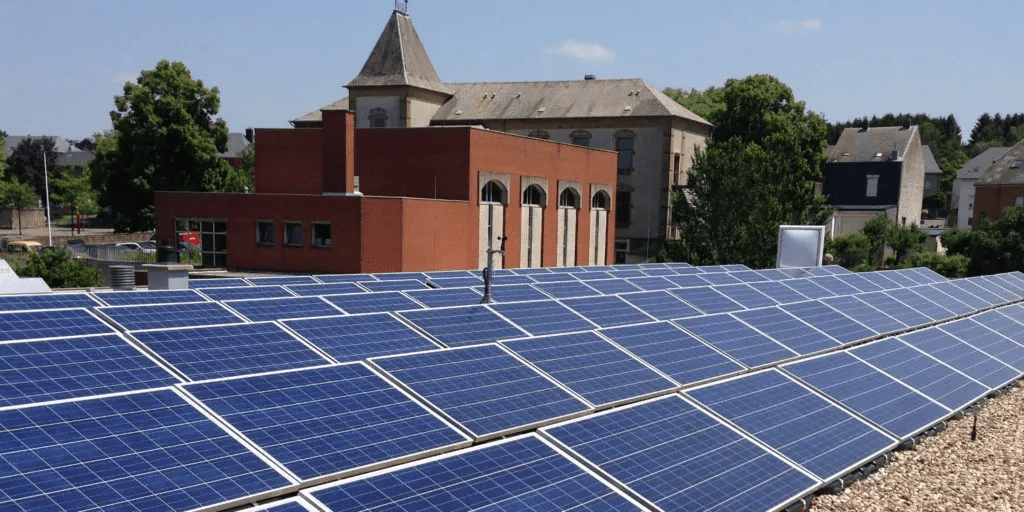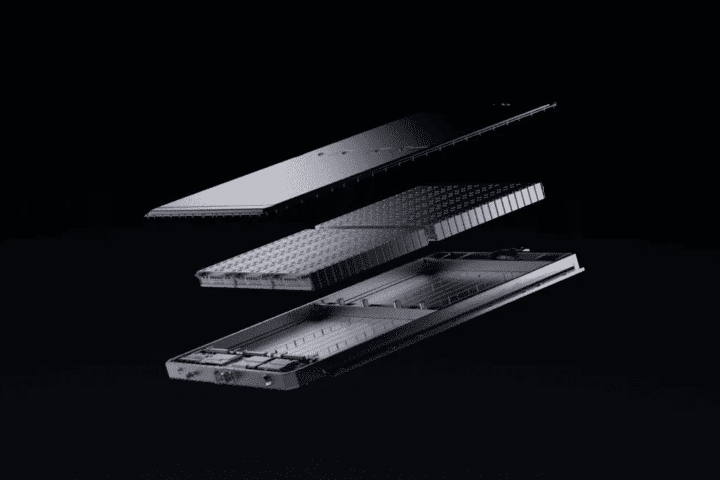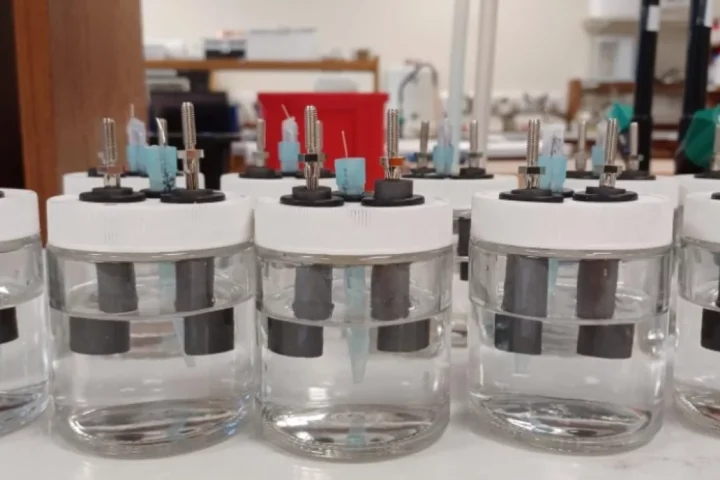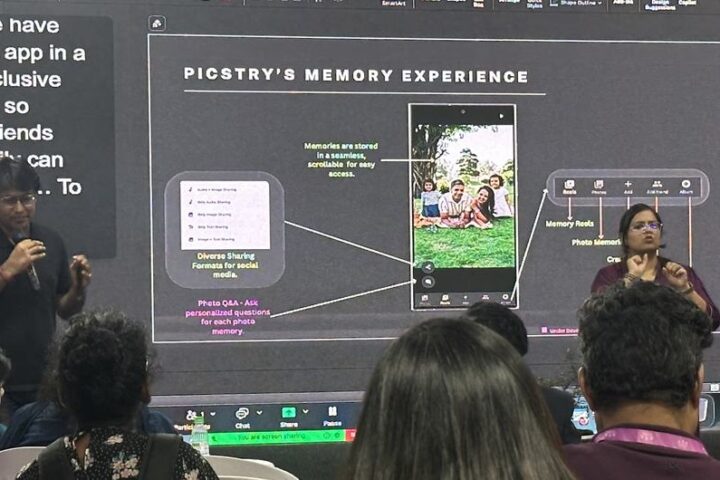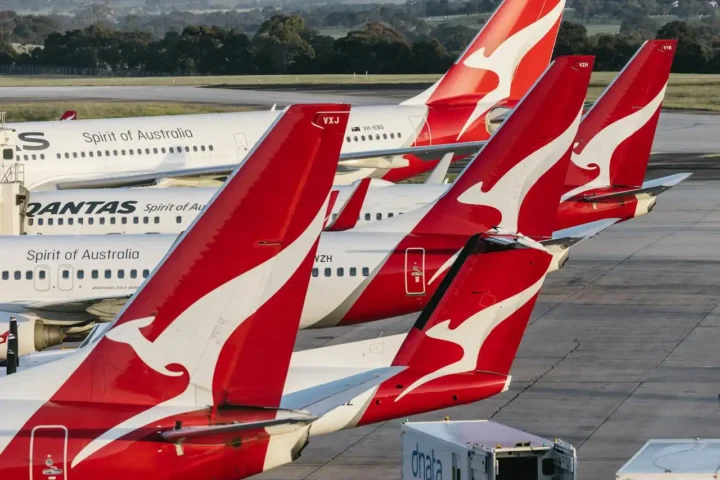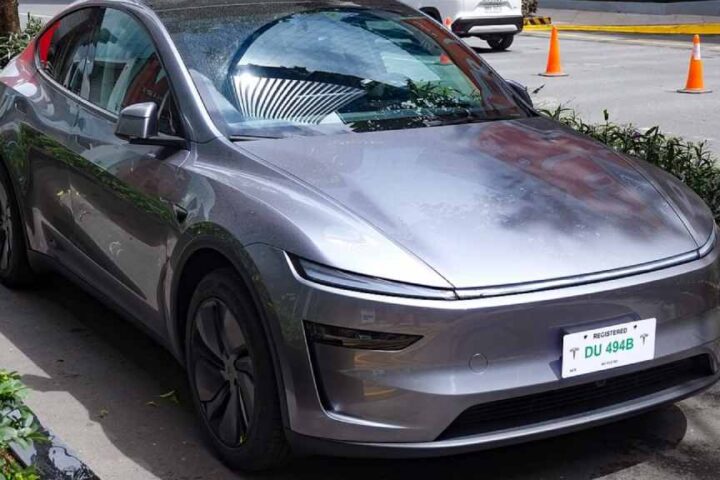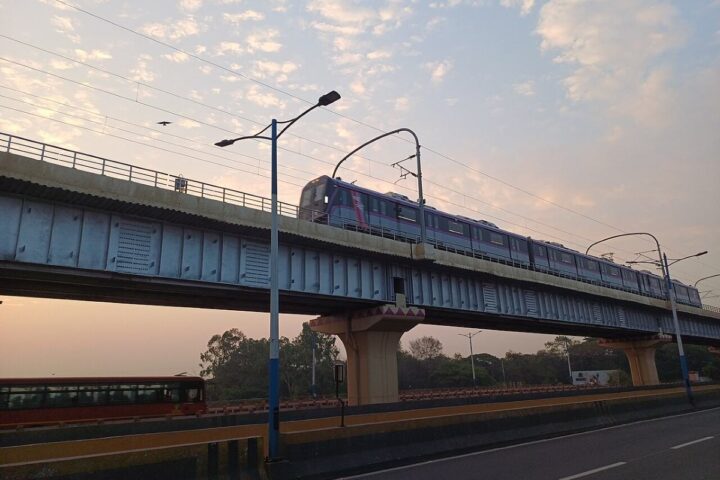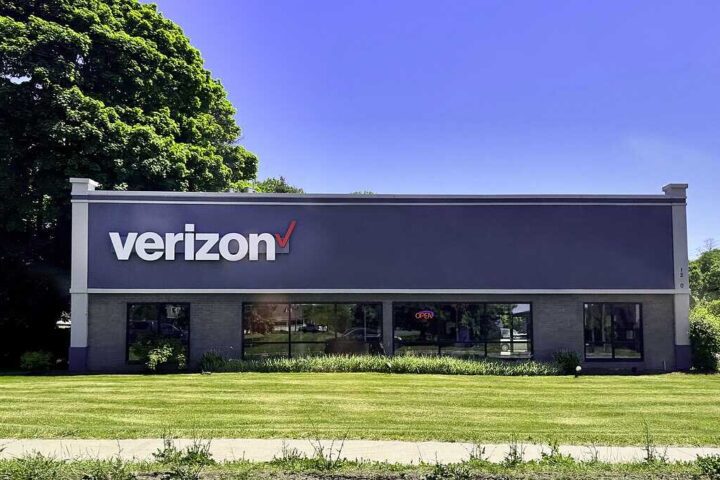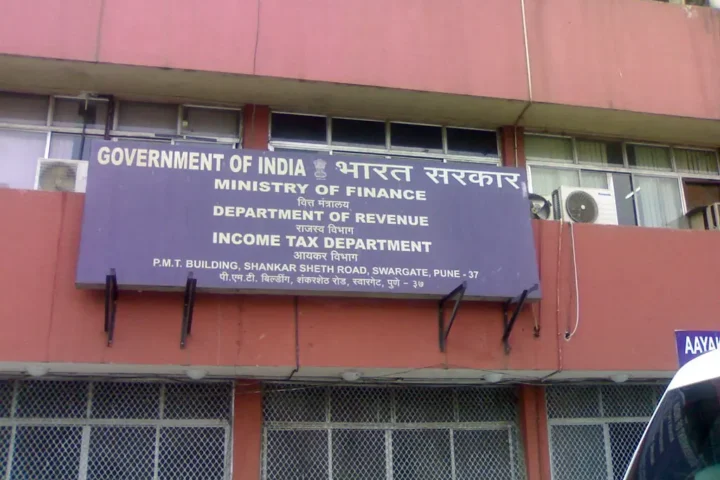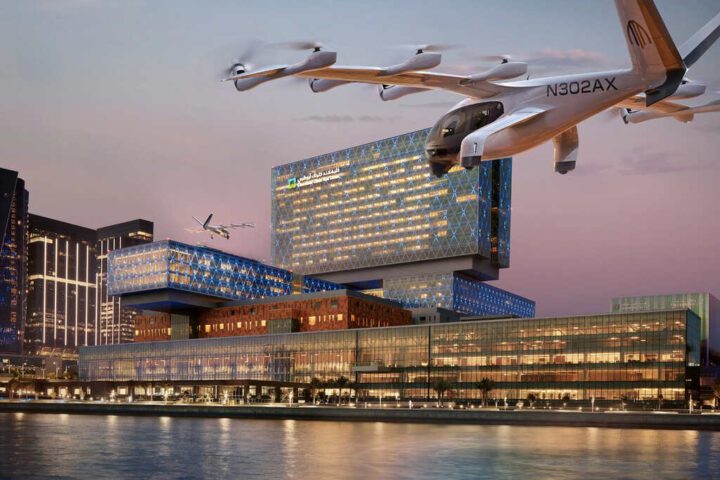The sun is the most powerful and endless source of energy available to civilization. Photovoltaic systems catch the sun’s energy and convert it to electricity using an inverter. This effectively gives you your own backup power source to the central grid. This power is fully clean, renewable, and extremely profitable.
The electricity you generate can now be put to use in one of three ways:
- It is quickly consumed by your active electrical loads.
- It is possible to store it in a battery backup storage system.
- It is possible to reintroduce it into the central grid. The kilowatt-hours you inject are recorded and generously repaid at the end of the year.
The large number of sunlight hours in spring, combined with an increase in photovoltaic surface area in recent years, has been a critical factor in Luxembourg hitting a historical peak of solar energy in March and April 2020. Furthermore, teleporting during the lockdown weeks had a good impact on electricity use, which decreased. The shift to climate neutrality appears to be progressing well.
The excellent weather in April, with 306.3 hours of sunshine, was one of the causes of Luxembourg’s historical peak of solar energy. Nonetheless, this level of solar energy generation – more than 42% higher than in the same period the previous year – was possible due to a significant rise in the installed power of photovoltaic panels.
Indeed, between March 1st, 2014, and March 1st, 2019, a total of 1,950 solar installations were subsidized under the PRIMe House plan, at a cost of EUR 9.6 million. This financial assistance is intended to improve the energy performance of single-family houses or apartments as part of an energy policy aimed at a sustainable, secure, and competitive energy supply.
Luxembourg intends to accelerate renewable energy timelines in order to achieve roughly 25% clean energy by 2030 and 100% in the long run. With this in mind, the photovoltaic energy promotion aid system has been strengthened since 2019 and is increasing including private individuals. Aside from the PRIMe House grants, numerous more instruments are available to implement various sustainable energy projects.
During the shutdown, electricity demand in Luxembourg fell by 28.1%, especially in the financial sector. Many players in the tertiary sector have used teleworking without increasing family electricity use. In addition to the potential for enhancing work-life balance, teleporting has been shown to be a tool for improving air quality and minimizing congestion, as well as having a favorable impact on electricity usage.
The bill modifying the revised law of December 23, 2016, establishing an aid programme for the promotion of sustainability, the rational use of energy, and renewable energies in the housing sector was adopted by the Chamber of Deputies on March 31, 2022. This bill, which is supported by a draught Grand-Ducal ordinance outlining the implementing measures for projects begun between 2022 and 2025, expands and redirects the “PRIMe House” financial aid scheme.
The two texts are scheduled to be published in the Official Journal and enter into force in the coming days. These new requirements, which apply retroactively to projects beginning on or after January 1, 2022, thereby replace the “PRIMe House” financial aid programme outlined in the modified Grand-Ducal order of 23 December 2016.
The new financial assistance programme covers the following investments and services:
1. New Construction
The provisions adopted at the end of 2016 by the amended Grand-Ducal regulation of 23 December 2016 created and implemented measures for the revised law of 23 December 2016 establishing an aid scheme for the promotion of sustainability, rational energy usage, and renewable energies in the field of housing are renewed for one year, pending a general reform of the sustainability standards of the LENOZ certification system created by the Grand-Ducal regulation of 23 December 2016. This is applicable to projects for which a building permit is sought in 2022.
2. Energy-efficient retrofitting of existing homes
The new “PRIME House” scheme is substantially modeled around the 2016 design. The principal improvements concern the implementation of streamlined procedures for obtaining assistance for energy rehabilitation projects involving only one building element of the thermal envelope. Full energy advice is no longer required for these projects. However, the applicant must either hire an energy consultant or hire a trained craftsman to help with the renovation work. This modification will allow project owners who do not want a full energy consultant set up to be directed toward the “PRIMe House” regime.
Furthermore, in order to encourage not only energy-efficient but also long-term rehabilitation, subsidy amounts are now explicitly structured according to the category of insulating materials (fossil, mineral, ecological). The marketing of ecological insulation products is bolstered, with per-meter square allocations increased. It goes hand in hand with the elimination of subsidies for insulation made of fossil resources on January 1, 2024, unless the latter is made primarily of recycled materials. However, fossil thermal insulation is still permitted for walls against the ground and lower slabs against the ground where options are restricted.
The additional incentives for additional and extensive cleanup, which can be done in stages, remain in effect. Aid for the establishment of controlled mechanical ventilation is now only available for projects with heat exchange. They are covered by the new regime investments and services for which the invoice is established between January 1, 2022, and December 31, 2029, inclusive, provided the initial request for obtaining an agreement in principle is submitted beginning January 1, 2022.
3. Technical installations encouraging the use of renewable energy sources
In terms of renewable energy installations, the adjustments are primarily intended to make alternatives to fossil fuels more accessible. They also encourage the replacement of obsolete fossil-fuel boilers with a heat pump, a heating network link, or a wood-fired boiler in exchange for a bonus for upgrading and enhancing the heating system. This is supplemented by further particular assistance for the neutralization and recycling of the fuel tank. Heat pumps are being prioritized, with increasing volumes and eligibility for air-water heat pumps in existing buildings. For heat pump elements installed outside the building, noise emission requirements have been implemented.
Aid for biomass boilers is currently reserved for existing buildings, with heat pumps serving as the standard for new construction. In terms of fine particle emissions, biomass boilers must also meet tighter standards. Subsidies for wood pellet and wood chip boilers are now calculated based on the boiler’s nominal thermal output.
The quantities of financial aid for establishing a heating network and connecting a residence to a heating network have been significantly enhanced in comparison to the 2016 system. In the case of solar installations, the existing support methods, which combine financial assistance with reimbursement for power generated, are retained, while an alternate model targeted at encouraging self-consumption is also proposed.
Under the new system, investments and services with invoices issued between January 1, 2022, and December 31, 2025, are eligible. Except for solar systems, this term is extended until December 31, 2029, if the investments and services are carried out in conjunction with the energy restoration of an existing building.
4. Energy Guidance
The maximum levels of aid for energy advice have been increased. High-quality, comprehensive energy advice is still required and is regarded as the best starting point for large-scale restoration projects. As a result, the quantities of flat-rate financial help for energy advice have been increased by 50% or more in comparison to the 2016 scheme, reaching the levels applicable during the “Neistart Letzebuerg” program’s validity. As a result, the quantities of flat-rate financial help for energy advice have been increased by 50% or more in comparison to the 2016 scheme, reaching the levels applicable during the “Neistat Ltzebuerg” program’s validity. Financial assistance for calculating thermal bridges and accompanying treatment proposals has also been significantly increased. The same is true for the aid allocated for verifying the conformance of the offers and verifying the conformity of the execution on site. The new regime applies to services for which an invoice is issued between January 1, 2022, and December 31, 2029, inclusive.
To set up a solar energy system in Luxembourg, you would need to follow these guidelines:
- Conduct a feasibility study: Before installing a solar energy system, it is important to assess the suitability of your property. This will involve determining the orientation, slope, and shading of your roof, as well as the availability of suitable electrical connections.
- Choose the right type of solar panels: There are several types of solar panels available on the market, including monocrystalline, polycrystalline, and thin-film. Choose the type that best suits your needs based on factors such as efficiency, cost, and aesthetics.
- Get permission: Before installing a solar energy system, you need to obtain permission from your local authorities. In Luxembourg, this typically involves obtaining a building permit from your local commune.
- Hire a qualified installer: Solar energy systems should only be installed by qualified professionals with the necessary experience and training. Make sure to hire a reputable and experienced installer who is authorized to work in Luxembourg.
- Connect to the grid: Your solar energy system must be connected to the electricity grid in order to feed excess energy back into the system. Your installer will assist you with the connection process.
- Register with the energy regulator: In Luxembourg, all solar energy systems must be registered with the energy regulator, the Commissariat à l’Énergie. This will ensure that you are eligible for any government incentives or subsidies available for renewable energy production.
- Maintain your system: Regular maintenance is important to ensure that your solar energy system continues to operate at maximum efficiency. Your installer should provide you with a maintenance schedule and recommend a qualified technician to carry out any necessary repairs.
By following these guidelines, you can ensure that your solar energy system is set up correctly and will provide you with reliable and sustainable energy for years to come.
